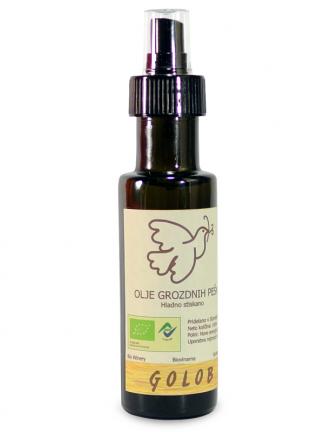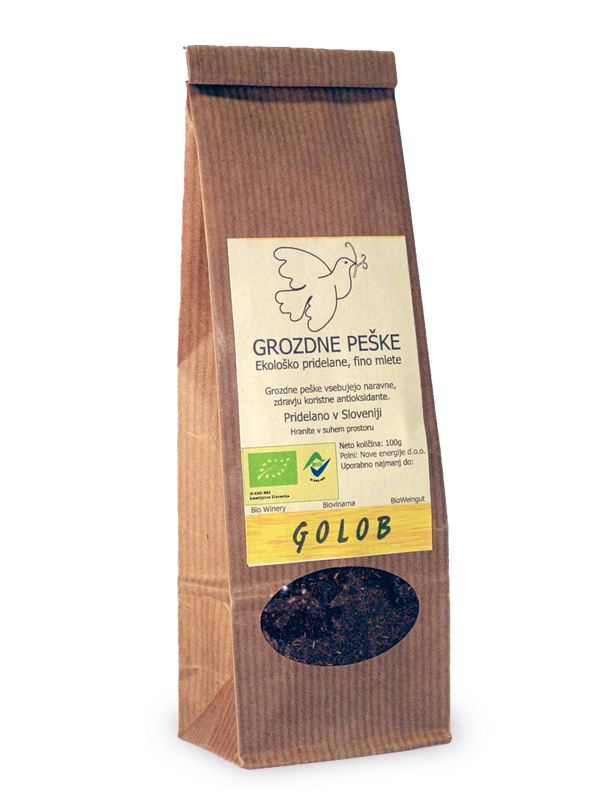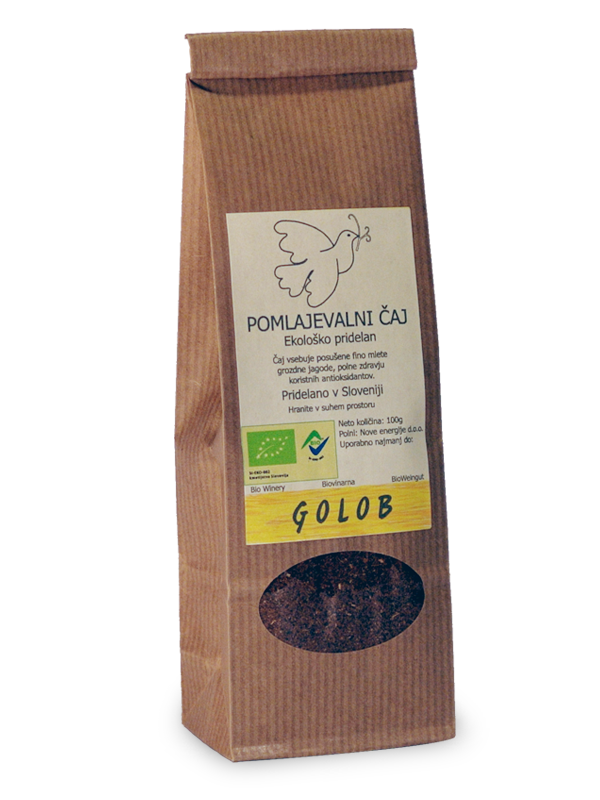 Last Updated on
Last Updated on Cardiovascular disease refers to disorders and infections of the cardiac muscle and vascular system which supply life-sustaining blood to vital organs such as the brain, heart, lungs, etc. While cardiovascular disease accounted for 10% of all deaths worldwide at the start of the 20th century, the figure dramatically increased to 30% by 2001. It is responsible for almost 50% of all deaths in high income countries and close to 28% of all deaths in low and middle income countries. Cardiovascular disease kills approximately 17 million people each year and is now the number one cause of death worldwide, eclipsing other factors such as nutritional deficiency, HIV/AIDS, injury and respiratory diseases. Continue reading Exploring the Cardioprotective Attributes of Grape Seeds




